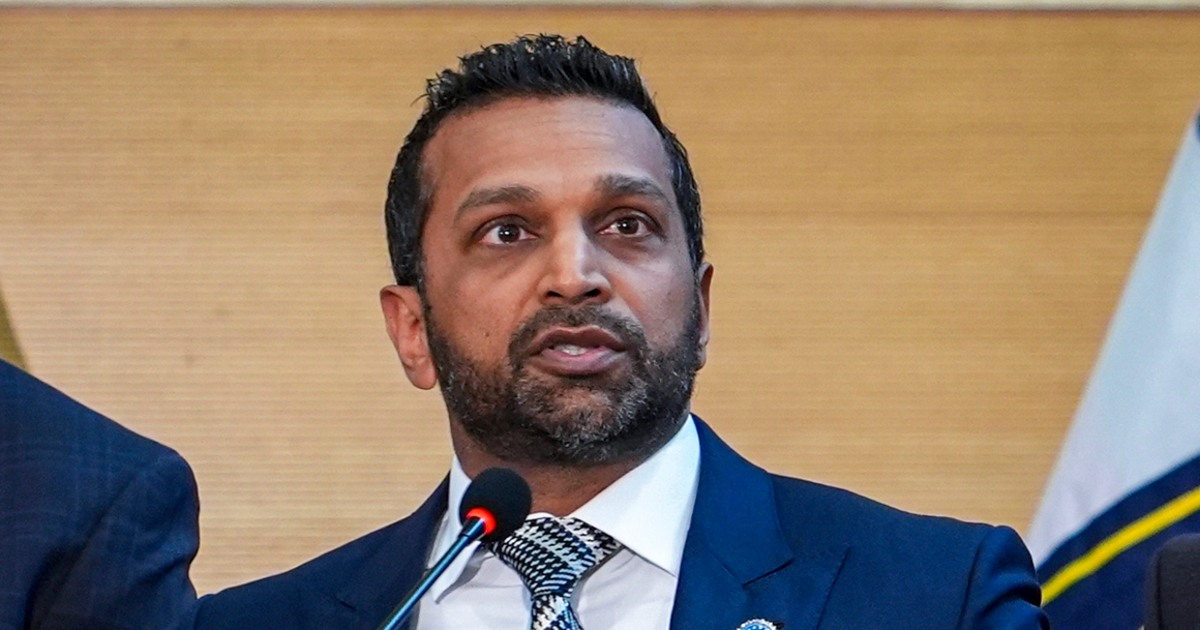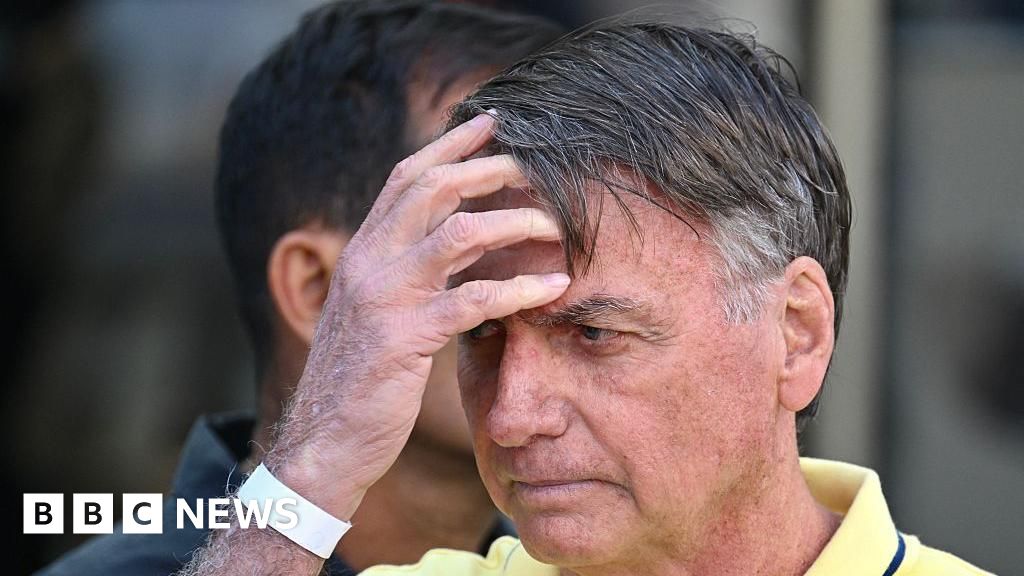Investigating Corruption in Flood Control Projects

Introduction
(Updated) In response to allegations of corruption in flood control projects, President Ferdinand Marcos Jr. has created the Independent Commission for Infrastructure (ICI) to investigate the potential misuse of funds.
Key Details
The ICI is composed of a team of experts, including engineers and financial analysts, who will conduct a thorough investigation into the flood control projects. The team will review project documents, conduct site visits, and interview government officials and contractors involved in the projects. The investigation is expected to take several months, with a final report to be submitted to the President.
This is not the first time that the Philippines has faced issues of corruption in infrastructure projects. In 2013, the country ranked 94th out of 177 countries in Transparency International's Corruption Perceptions Index. The ICI's investigation is a crucial step in holding government officials and contractors accountable for their actions and ensuring that public funds are used for their intended purpose.
Impact
The creation of the ICI highlights the government's commitment to address corruption and promote transparency in infrastructure projects. With the Philippines being highly vulnerable to natural disasters, it is crucial that flood control projects are implemented effectively and efficiently. The findings of the ICI's investigation will not only hold those involved accountable, but also serve as a lesson for future projects to prioritize the well-being of the
About the Organizations Mentioned
Independent Commission for Infrastructure
The **Independent Commission for Infrastructure (ICI)** is a government body in the Philippines established by President Ferdinand Marcos Jr. through Executive Order No. 94, signed on September 11, 2025. Its primary function is to *investigate irregularities, anomalies, and misuse of funds* in government infrastructure projects, particularly flood control and other infrastructure implemented within the last ten years (2015-2025)[3][7]. The ICI collects and evaluates evidence, intelligence, and information related to these projects and recommends appropriate civil and administrative actions against officials or individuals involved in wrongdoing to relevant bodies like the Office of the President, Ombudsman, and Department of Justice[7]. The commission is chaired by former Supreme Court Associate Justice Andres Bernal Reyes Jr., with members including former Public Works and Highways Secretary Rogelio “Babes” Singson and Rossana Fajardo, a managing partner at SGV & Co. Baguio City Mayor Benjamin Magalong serves as a special adviser[7]. The members took their oath of office in a formal ceremony marking the start of the commission’s mandate[7]. However, the ICI has been subject to controversy. Critics question its true independence due to potential conflicts of interest. For example, Rogelio Singson’s previous role as DPWH Secretary during much of the investigative period raises concerns about self-review and impartiality. Similarly, Rossana Fajardo’s association with a major auditing firm that could have connections to contractors involved in infrastructure projects poses potential conflicts[2]. These issues have sparked debate about whether the commission can effectively hold officials accountable without bias. Additionally, some lawmakers have criticized the ICI as "toothless," urging the passage of legislation to grant a similar but more authoritative body stronger powers[5]. In summary, the ICI represents a significant effort by the Philippine government to enhance transparency and accountability in infrastructure governance, especially amid growing public scrutiny of large-scale government projects. Its succes
Transparency International
Transparency International (TI) is a leading global civil society organization dedicated to combating corruption worldwide. Founded in 1993 in Berlin by Peter Eigen, TI unites people and institutions to fight the abuse of entrusted power for private gain, which undermines governments, businesses, and societies globally[1][2][9]. Its mission is to promote transparency, accountability, and integrity across all sectors to create a corruption-free world[4][6]. TI operates through a global network of national chapters in over 100 countries, coordinated by its international secretariat in Berlin. This extensive reach allows it to collaborate with governments, businesses, and civil society organizations to develop anti-corruption policies and implement practical tools to tackle corruption at multiple levels[1][4][6]. The organization maintains a politically nonpartisan stance and ensures its operational independence by accepting diverse funding sources that do not compromise its integrity[4]. A cornerstone of TI’s work is its annual Corruption Perceptions Index (CPI), launched in 1995, which ranks 180 countries by perceived public sector corruption based on expert assessments and surveys. The CPI is globally recognized for raising awareness about corruption's impact on development, poverty, and human rights abuses[1][2][5]. TI also publishes other influential reports such as the Global Corruption Report, Global Corruption Barometer, and the Bribe Payers Index, providing data and analysis to inform global anti-corruption efforts[1]. Notable achievements include TI’s advocacy that contributed to the OECD Anti-Bribery Convention, which criminalizes foreign bribery in 34 countries, and the UN Convention against Corruption (UNCAC), the first comprehensive global anti-corruption treaty signed by 140 countries[7]. TI also pioneered the establishment of Advocacy and Legal Advice Centres (ALACs) to empower citizens to report corruption and seek support, with over 200,000 cases reported to date[7]. The U.S. chapter, Transparency International U.S., founded in 202

















